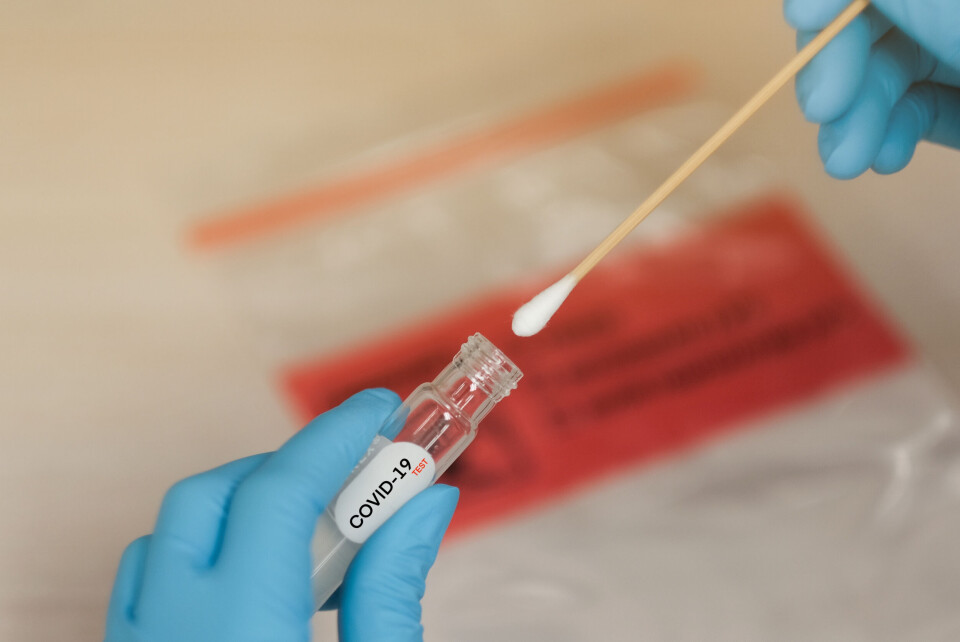-
Six good news stories from France in 2025
From revolutionary eye surgery and sporting successes, to successful fundraising for iconic French brands, the year was full of feel-good news
-
Why is New Year's Eve known as Réveillon de la Saint-Sylvestre in France?
You may have heard French friends use this term but they might not know where it comes from
-
French farmer protests: union calls for ‘mass restart’ of action
January 7 is highlighted as day for key action - other unions are yet to commit
Covid France: Why it’s becoming harder to track the epidemic
Test result levels are down and a lab staff strike has made the recent test figures less reliable than usual, as one expert warns of a new variant becoming dominant

Strikes by medical lab staff and a drop in test rates are making it more difficult for health authorities in France to track the evolution of Covid-19, as the country experiences its eighth wave of the virus.
Recent indicators suggest that the current Covid spread is improving, with fewer than 20,000 new cases being reported per week in recent weeks.
However, health authority Santé publique France (SPF) has warned that the current figures may not be telling the whole story, as “these data are non-interpretable, with some levels underestimated”.
Read more: French medics say face masks are needed again, especially on transport
Lab strike
This is partly due to medical labs having stopped communicating test results via the national test result database (SI-DEP) from October 27 to November 2. Staff are opposed to the provisional social security budget set for 2023, which is set to require labs to make €250millon-worth of savings each year.
In a statement, Alain Le Meur, spokesperson for the Alliance pour la biologie médicale (APBM) said:
"Faced with the deafness of the public authorities, we have decided to suspend the transmission of screening data on the SI-DEP platform.”
Research and statistics institute Drees has estimated that this movement reduced the number of test results being shared by up to 80%.
Labs restarted sharing the data on November 2, but official figures have yet to fully catch up.
Some professionals are still threatening to strike from November 14 if their grievances are not heard, said Thomas Fatôme, director of l’Assurance Maladie.
Tests drop
The number of tests carried out in France has also fallen.
Just under 90,000 tests are being taken every day, a low not seen since August 2020. The fewer the tests, the less visible the true extent of the epidemic becomes.
In comparison, in mid-September, after la rentrée, over one million tests were being taken on a weekly basis.
Yet, monitoring is arguably becoming more important, experts have said.
This is because a new sub-variant – BQ.1.1. – is gradually gaining ground in the country and could become dominant in the next few weeks, said Professor Antoine Flahault, director of the Institute of Global Health in Geneva, told Le Parisien.
“We have never seen one of the Omicron sub-variants impose itself without causing an epidemic wave, and we don't see why it wouldn't be the case this time," he said.
Despite the difficulty in monitoring test results, other indicators do still suggest that the epidemic is currently retreating.
SPF figures show that 4,418 people were hospitalised for Covid last week, a 34% drop compared to the week before. Similarly, 397 deaths linked to the virus were recorded between October 24-30, a drop of 35% compared to the week prior.
























